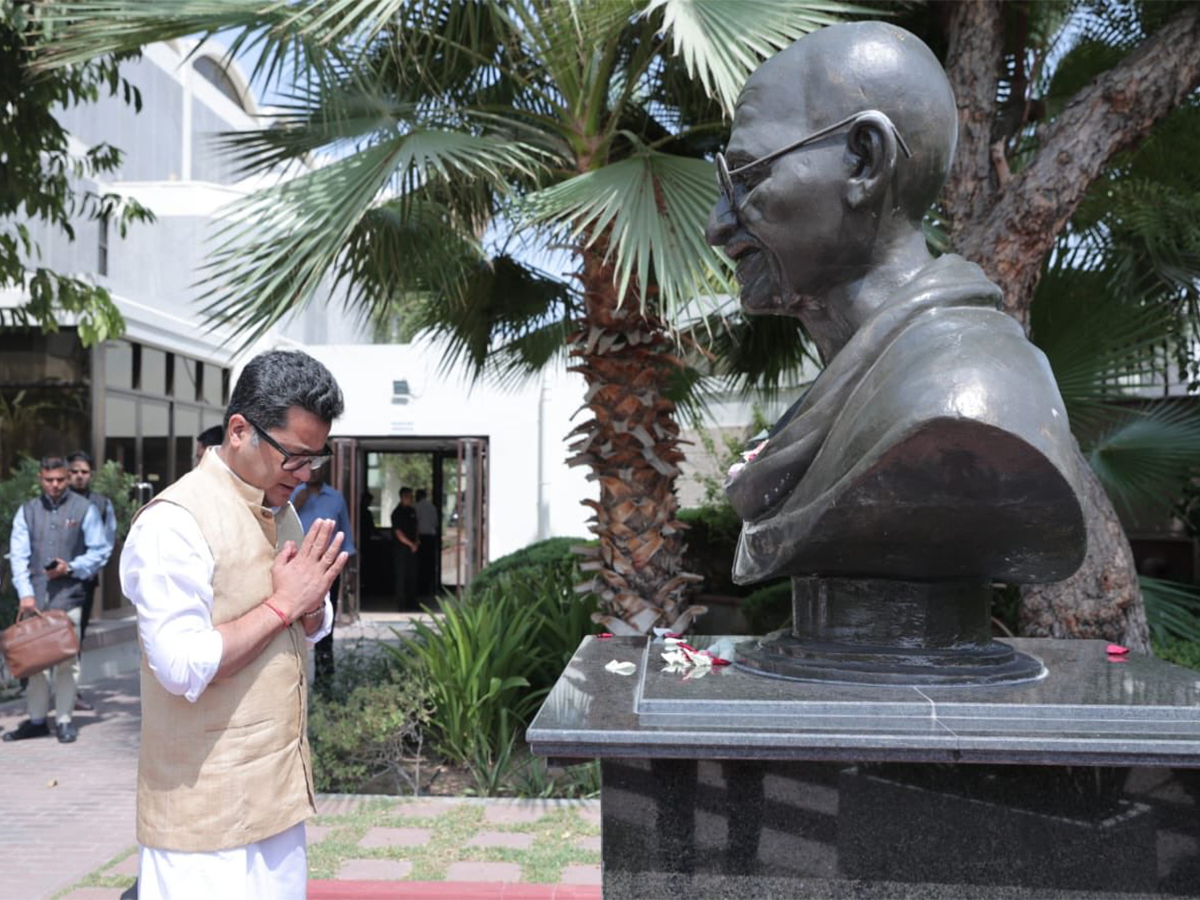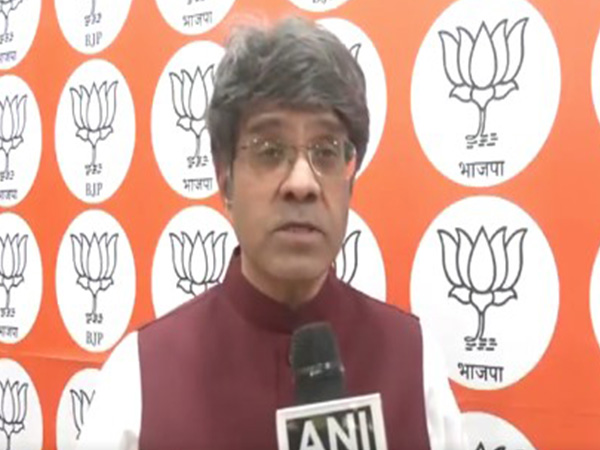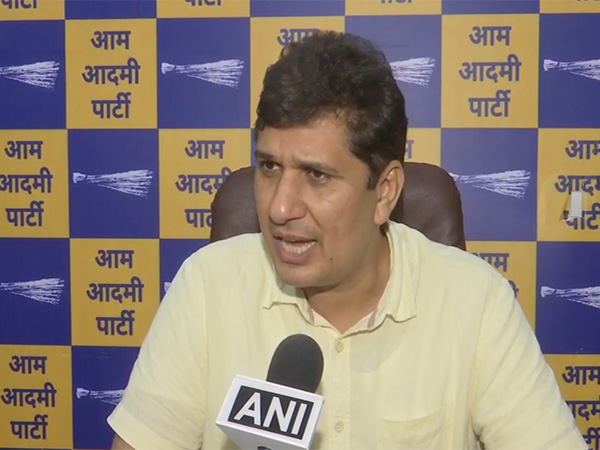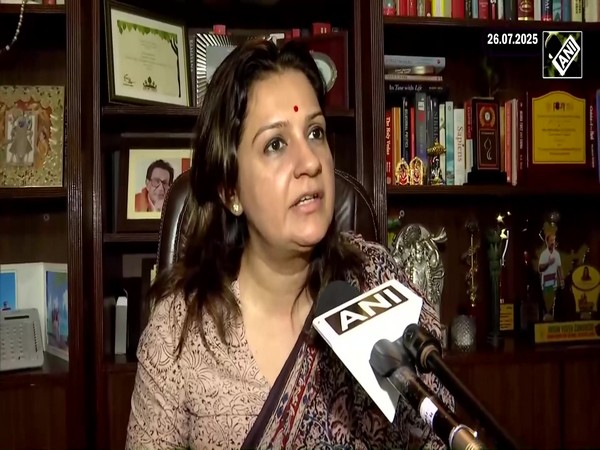Challenges remain towards eliminating AIDS as public health threat by 2030: India at UN
Jun 10, 2022

New York [US], June 10 : India's Deputy Permanent Representative to UN, Ambassador R Ravindra on Thursday emphasised that challenges still remain towards eliminating AIDS as a public health threat by 2030.
He participated in a high-level debate on the theme "Implementation of the Declaration of Commitment on HIV/AIDS " and highlighted India's swift actions that it took by involving civil societies and communities during covid-19 to mitigate its impact on HIV services.
"While significant progress has been made to eliminate HIV, challenges still remain in our way towards eliminating AIDS as a public health threat by 2030," he said in a statement, stressing upon how strong political leadership is critical to address the issue.
He further discussed about India's unique HIV prevention model which is centered around the concept of social contracting.
The program is based on behavioural change, communication, outreach, service delivery and testing.
India is providing treatment to nearly 1.6 billion people and Indian drugs are also reaching to millions of people in Africa, the ambassador said during the address.
India's National AIDS Control Programme has been revised, revived and revamped for hard to reach population, he added, describing India's capability to manage crisis on a global stage.
The Annual new HIV infections have seen a downfall of 46 per cent between 2010 and 2021....similarly AIDS-related deaths have also declined by almost 76.5 per cent as the viral load testing capacities have been scaled up in the country.
It also demarcates the remarkable impact of a very holistic AIDS response, Ravindra said during the high-level debate.
He also mentioned how India is looking forward to achieving zero new transmission of HIV in order to deliver on the promise of ending AIDS in the next 10 years.
India is ready to strengthen its cooperation with all its partners including World Health Organization (WHO) to eradicate the disease by emulating best practices, he said, concluding his statement.




















